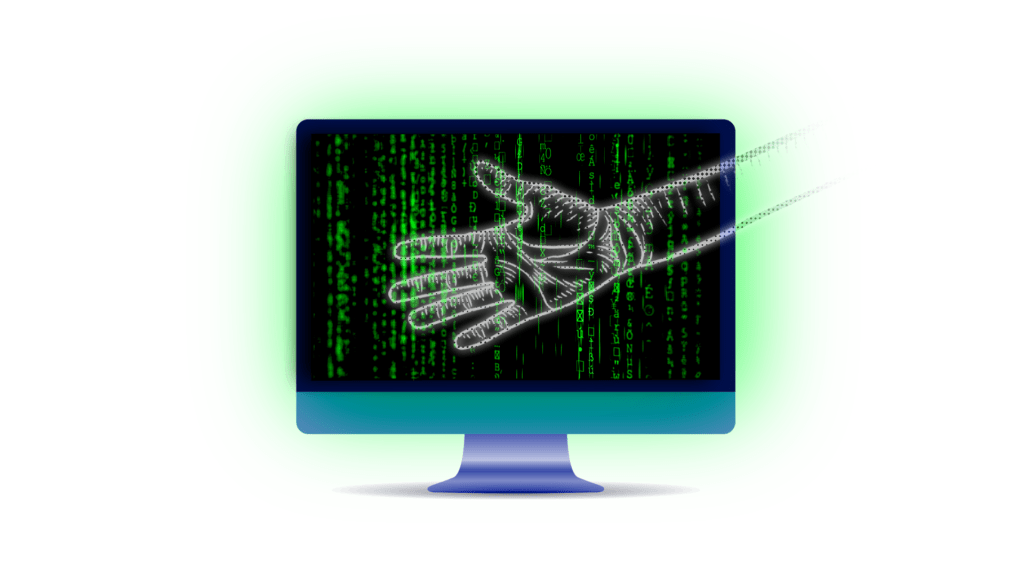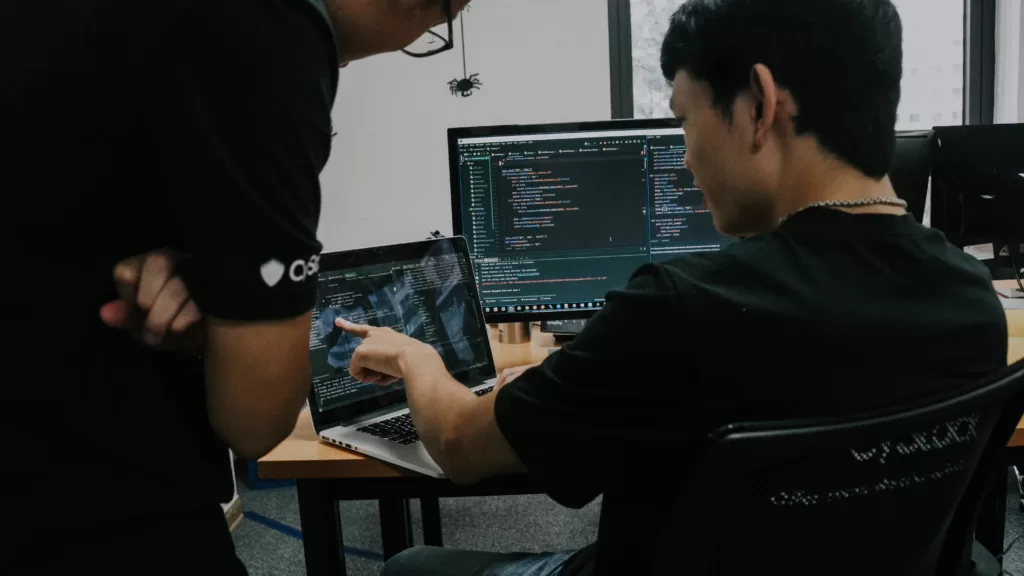We use cookies to improve your experience with Monash. For an optimal experience, we recommend you enable all cookies; alternatively, you can customise which cookies you’re happy for us to use. You may withdraw your consent at any time. To learn more, view our Website Terms and Conditions and Data Protection and Privacy Procedure.
Strengthening cybersecurity frameworks remains a challenge
Published on December 13, 2023Laws and policies must keep up with ever-evolving cyber threats to personal privacy and national security.
 Institutions and nations need to strengthen their legal and technical abilities to prevent data breaches and cybercrimes. : Michael Joiner, 360info CC BY 4.0
Institutions and nations need to strengthen their legal and technical abilities to prevent data breaches and cybercrimes. : Michael Joiner, 360info CC BY 4.0
Laws and policies must keep up with ever-evolving cyber threats to personal privacy and national security.
More than half of humanity lives its life online. So it’s no surprise that cybersecurity is one of the biggest challenges of the 21st century. The Asia-Pacific region has reported a rapid increase in cyberattacks compared with its global counterparts.
A look around the world shows repeated instances of cybersecurity breaches. The fear of a data breach in the lead-up to Indonesia’s 2024 elections threatens to compromise citizens’ trust in their integrity. India is the second most-affected country in the world for breaches of data brokers, who collect data on individuals and companies. The most recent medical data breach compromised the identities of more than 800 million Indians.
The economic fallout of cybercrime is expected to cross USD$23 trillion in 2027. Malware has made it easier for bad actors to destabilise whole economies and endanger security infrastructure. Recent reports of a state-sponsored malware attack at the UK’s nuclear waste site Sellafield have raised serious national security concerns.
Accelerated digital transformation without adequate network and data security has exposed glaring vulnerabilities across many sectors. Technology is often many steps ahead of regulatory capacities of countries to monitor and secure data and protect user identities. The emergence of generative AI tools such as ChatGPT has given rise to modified and malicious versions that pose risks to individuals and businesses by compromising access to their systems.
As if this weren’t enough cause for alarm, the generational shift to online lives and the pervasiveness of social media have desensitised many people to the risks involved in sharing personal information online or clicking on a friendly-looking link.
Cyberattacks and the misuse of data have wide-ranging implications. And laws and policies are struggling to keep up with the rapid ascent of AI.
In the face of these challenges, individuals need ways to protect their data and identities from being exploited by governments, corporations and hackers. Institutions and nations need to strengthen their legal and technical abilities to prevent data breaches and cybercrimes. And a balance has to be struck between citizens’ privacy and the state’s mandate to protect people’s security.
Experts from across the region weigh in for 360info’s special report on the many threats and solutions that can help to secure cyberspace.
Originally published under Creative Commons by 360info™










